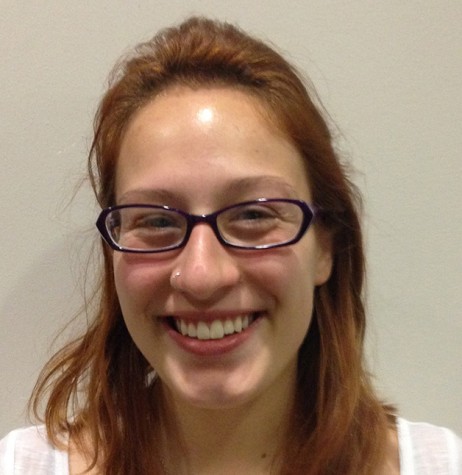On-campus sex education helps assault victims recover
February 27, 2015

Elena is a psychology freshman.
It has become common today to dismiss sexual assault, especially on college campuses, because of modern hook-up culture.
Furthermore, few students are educated about what to do after a sexual assault occurs.
The pamphlets distributed by Student Advocates for Gender Equality encourage Loyola students to become more informed on how to recognize sexual assault, take the proper steps to report the assault, recover from medical injuries and regain mental stability with various support sources.
Perhaps you have heard this information before, but it is crucial that it is distributed now because of the current concern of sexual assault on Loyola’s campus.
Associate Professor of Sociology Marcus Kondkar’s research about relationships of the victim to the offender challenge the common assumption that most victims do not know their rapist.
Although many people are in denial about these facts, this information forces a realization that sexual assault can happen to anyone, regardless of age, gender or sexual orientation.
It forces us to come to terms with the fact that it also occurs on Loyola’s campus.
Anna Salter, former psychology Teaching Fellow at Harvard and Tufts Universities and lecturer and consulter on sex offenders and victims, once said “…when I ask groups how many people know someone personally with a history of molestation, almost always, every hand in the room goes up.”
We must admit to ourselves the magnitude of this issue before we can make any progress.
Although being properly educated may not prevent all instances of sexual assault, it can reduce panic and confusion after an attack.
The pamphlets also educate supporters of sexual assault survivors by highlighting different methods of reassurance.
Although Loyola’s sexual assault protocol is very thorough, I believe that more student education on the available resources is of critical importance.
The protocol is multifaceted, addressing not only the medical aspects of assault, but also psychological aspects by offering free counseling, support groups and crisis hotlines.
Utilization of this process by Loyola’s sexual assault survivors has the potential to provide the necessary stepping stones for recovery.





